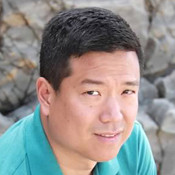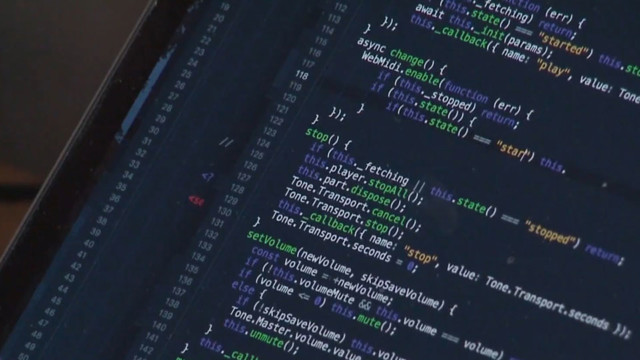It’s gained notoriety over the past year, whether it’s hacking the Democratic National Committee’s computers or creating mysterious political ads on both Google and Facebook.
But as CGTN’s Mark Niu reports, there’s a thriving Russian community in Silicon Valley whose hacking skills are all part of the American dream.
In California, there are millions of Russian speakers. And in San Francisco at Olga Yushina’s Rum and Sugar bar, you’ll find a merry bunch of techies with stories to tell.
Jake said “My roommates at Michigan State University they said “Yakov? What is that? Well it’s like Jakob. So they said, Oh, you’re Jake.”
Jake Diner is the founder of Elafris, a startup that’s developing an artificial Intelligence-driven insurance agent. He recently interviewed a job candidate who had plenty of questions for him. “He said, I’m a little bit worried about it. My reputation is clean. Do you have a green card? I said I’m an American citizen. We run a squeaky clean shop here,” said Jake Diner, the CEO & Founder of Elafris. “I think in a sense we’ve fallen victim to stereotyping, where there was some political agenda.”
Although many here feel distant from the tense political climate, some do credit the old Soviet-style of education for producing so many top engineers and programmers.
“Soviet education gave a very good fundamental knowledge of different fundamentals subjects like math, physics, computer science and it gave people a pretty solid advantage,” said Michael Minkevich, the Co-founder of Kuberlab.
The latest wave of Russian techies are increasingly entrepreneurs who sometimes take up residence in unique venues. Venture capitalist Pavel Cherkashin is turning what was once a Catholic church into a place for coders and entrepreneurs to come together to find inspiration. And well before the election scandal controversy Cherkashin had the idea of calling it Hack Temple. But some investors told him in the current political climate, you simply can’t do that.
“They think with all the news around, here you come with a hackers place built by some Russian guys right in the middle of San Francisco. If some enforcement agents would want to search for hackers this is the first place for them to go,” said Pavel Cherkashin, Managing Partner, GVA Capital. “I think this is not right.”
Cherkashin said all the controversy has actually had both a both negative and positive impact. “I often get this weird question if my money is legitimate, if it comes from a good source. I think this is a question people wouldn’t ask investors coming from other parts of the world,” said Cherkashin. “But I think at the same time, I think this whole news buzz is giving great publicity for Russian hackers from the engineering standpoint.”
Because what they do can be effective and creative. Cherkashin has invested in the startup Mubert, which uses artificial intelligence to create and license music in real time.
“We decided to move because there is no music market in Moscow,” said Alex Kochetkov, Co-founder & CEO of Mubert. “We need to get to a country where the judgment and some laws are good for intellectual property.”
 CGTN America
CGTN America

